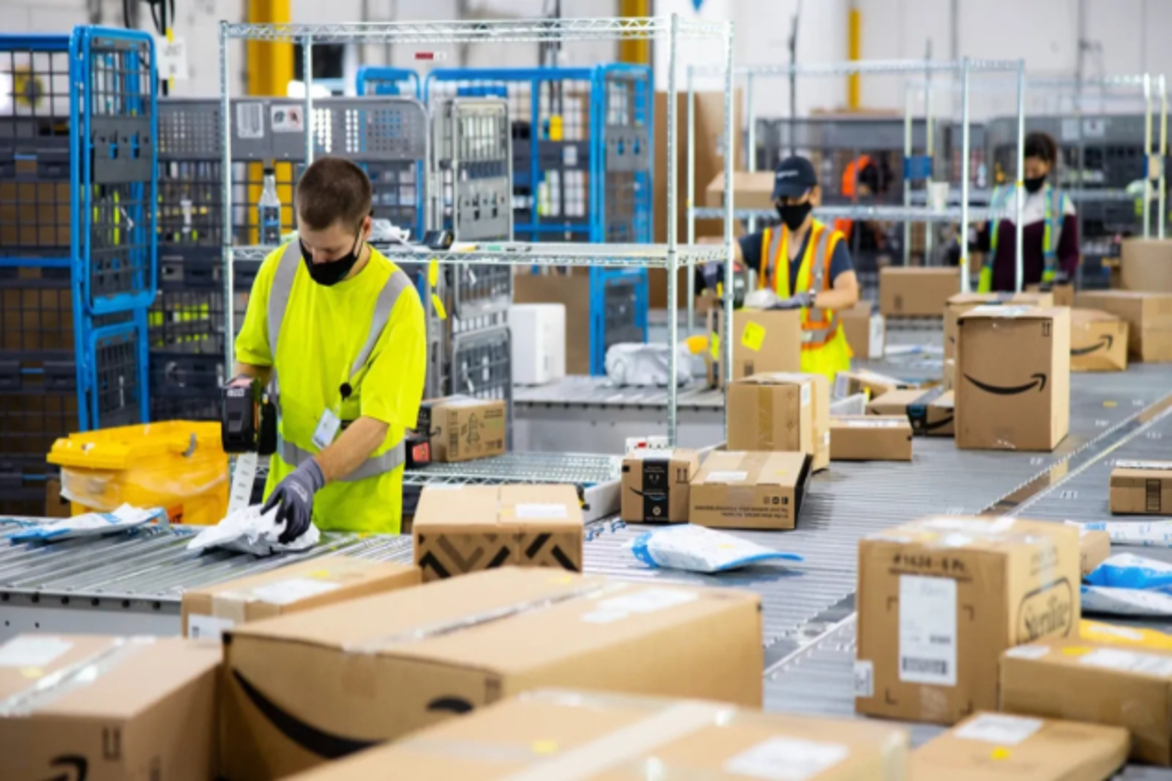India raids target Amazon, Flipkart warehouses over unsafe products
Robert Besser
29 Mar 2025

NEW DELHI, India: E-commerce giants Amazon and Flipkart are under fresh scrutiny in India after government raids led to the seizure of uncertified consumer products from their warehouses.
The Bureau of Indian Standards (BIS), India's state-run product certification agency, said it confiscated items from Amazon and Flipkart facilities in Delhi earlier this month as part of a broader crackdown on the sale of goods that do not comply with mandatory quality standards.
The raids follow similar actions last week in Tamil Nadu, where officials seized products from both companies that lacked the required certification markings. At the time, Amazon and Flipkart—India's two largest online retailers—said they operate in accordance with local regulations.
A spokesperson for Amazon India said the company is "engaged closely with various stakeholders, including regulators." Flipkart, which Walmart owns, did not respond to requests for comment on the latest seizures in Delhi.
According to the BIS, products, including water heaters and food mixers, worth approximately Rs. 7 million (US$81,561) were confiscated from an Amazon subsidiary's warehouse in Delhi. The agency said the items either carried counterfeit certification labels or none at all.
In a separate raid, officials seized nearly $7,000 worth of sports shoes from a Flipkart warehouse. The products were marked for dispatch but lacked the proper BIS certification marks.
Both companies play a dominant role in India's rapidly growing e-commerce industry, which was valued at between $57 billion and $60 billion in 2023, according to consultancy Bain. The market is projected to exceed $160 billion by 2028.
The warehouse raids come at a time when the companies are already under regulatory pressure in India. In September 2023, an antitrust investigation concluded that Amazon and Flipkart had violated competition rules by favoring certain sellers on their platforms.
In 2021, a Reuters investigation based on internal Amazon documents alleged that the company had systematically given preferential treatment to a small group of sellers and used them to circumvent local laws. Amazon denied any wrongdoing at the time.
